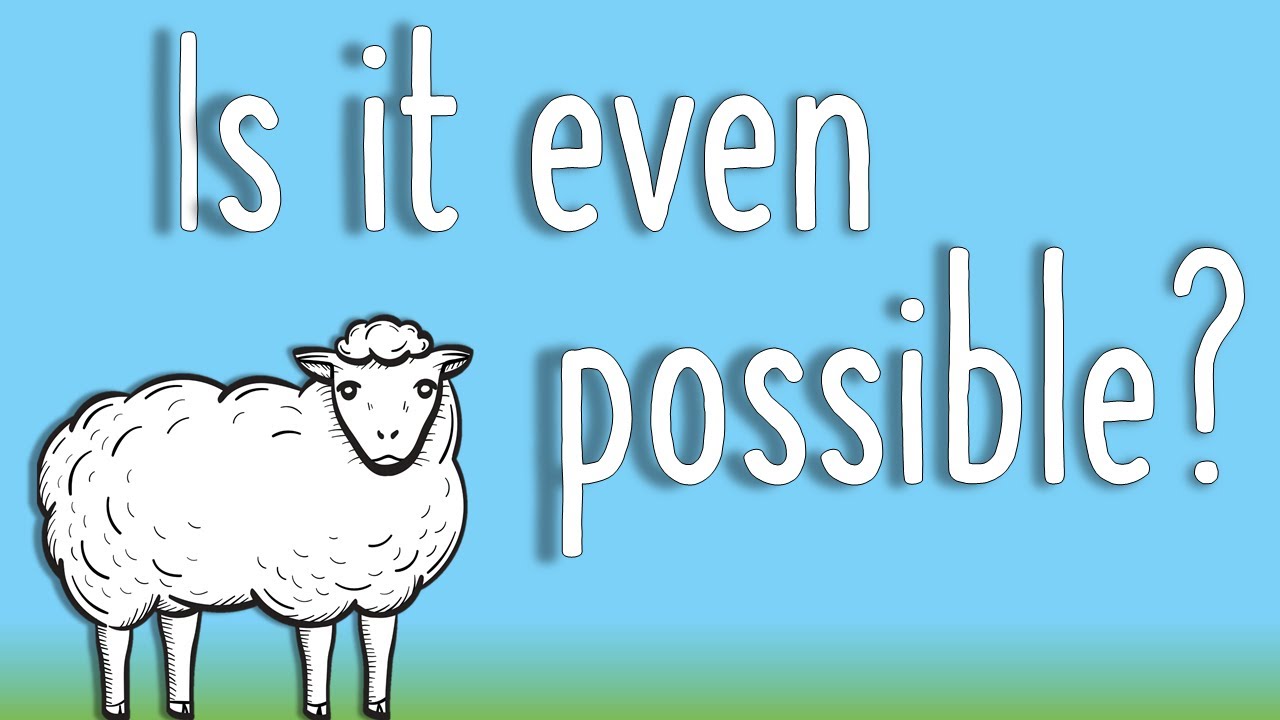This video explores the complex world of conspiracy theories, examining what they are, why they appeal even to reasonable people, and how to effectively engage with those who believe in them. The presenter begins by defining conspiracies as secret actions by powerful groups that harm the public good, while conspiracy theories are unproven explanations attributing events to such secret groups. Importantly, conspiracy theorists are not portrayed as crazy, stupid, or mentally ill; rather, they are intellectually curious individuals seeking answers to uncomfortable realities. The video delves into psychological and social reasons behind conspiracy thinking, such as feelings of powerlessness (loser theory), the need for community (social theory), and the discomfort caused by uncertainty (uncertainty theory). It highlights that conspiracy theories have been part of human culture for centuries and are not exclusive to any political or social group.
The video critiques common approaches to debunking conspiracy theories—mockery, overwhelming with facts, or relying on experts—which often fail because they alienate believers or overwhelm them with abstract information. Instead, the presenter recommends a respectful, patient, and empathetic approach: listening carefully, understanding the specific beliefs of the person, using tangible and observable evidence, and gently challenging the foundational assumptions of their theories. Changing minds is a slow process that requires time and compassion.
The video also explores the challenge conspiracy theorists face if they abandon their beliefs—they risk losing their social group, which often functions as a surrogate family. Thus, offering an alternative community and support is crucial. Ultimately, the video advocates for fostering respect and compassion, encouraging curiosity and skepticism to be redirected toward truth rather than falsehoods. The goal is not to silence questioning but to guide inquisitiveness toward constructive ends, emphasizing that conspiracy theorists are not fundamentally different from the rest of us—they just chose a different path to make sense of a confusing world.
Originally posted 2025-06-03 03:54:04.

